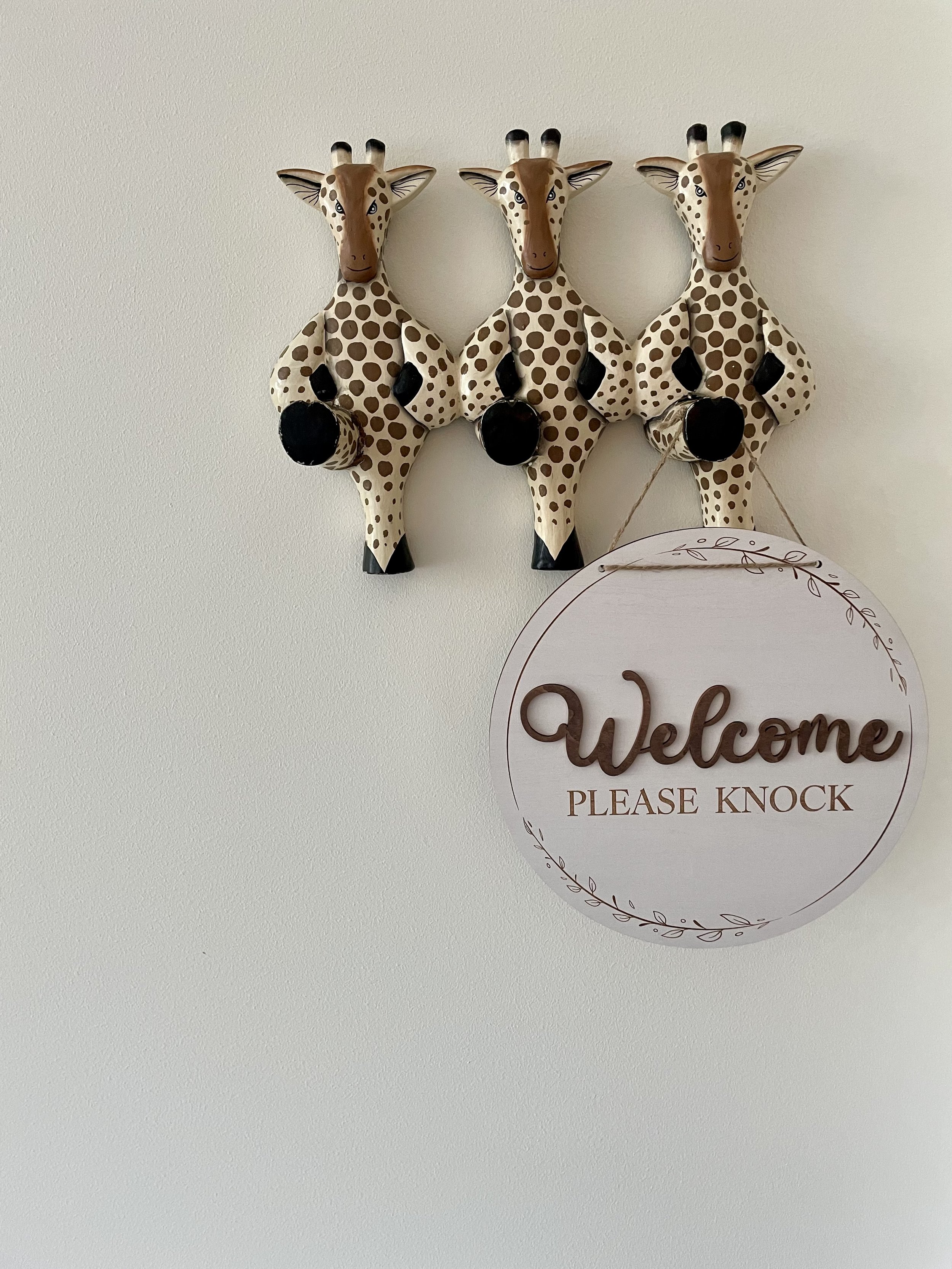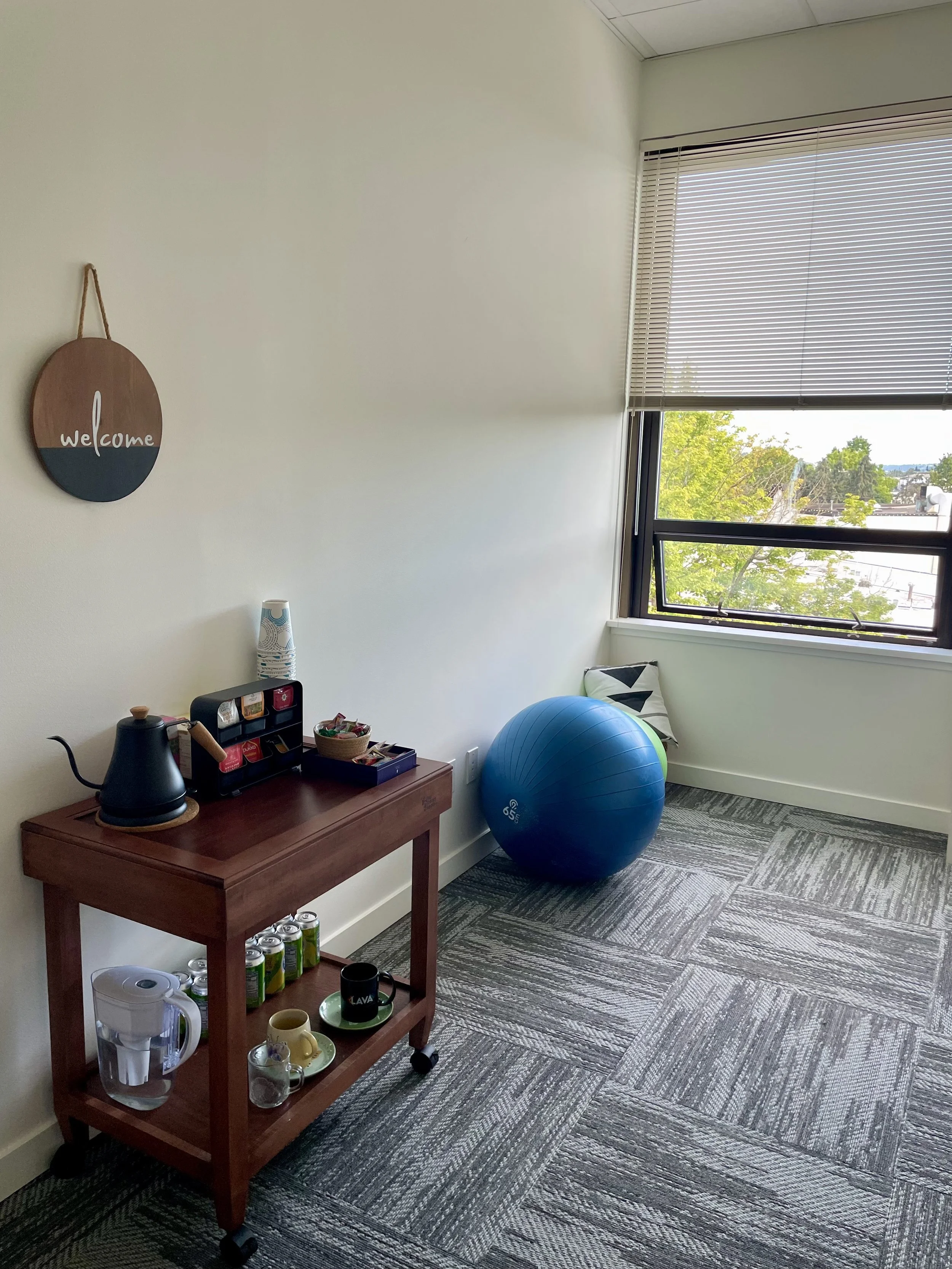How To Start Therapy With Canh
Please this read this page before scheduling a consultation or first session.
Please note I do not accept insurance and only work with residents of California & Washington State, USA due to licensing laws.
In Person Sessions In Seattle (Ballard) on Mondays & Tuesdays (8:00 a.m. - 5:00 p.m)
Virtual Sessions Mondays - Wednesdays (8:00 a.m. - 5:00 p.m) & Thursdays (11:00 a.m. - 5:00 p.m.)
Click here for referrals to other therapists
What To Expect
Learn more about what therapy with me is like
-
Our first session is a chance for both of us to get to know one another inquiring about your goals, best hopes, challenges, etc.
I encourage all clients to share (or not share) how much you want to with me.
Trust takes time.
I’ll give you my impression of what’s occurring, how I can help you, and what you can expect as we continue meeting.
There’s no pressure to work with me after our first session.
At the end of session, we’ll schedule a regular meeting time if we both decide to work together (weekly or every 2 weeks), or you can self schedule sessions on the client portal as needed.
If not, I’ll provide you referrals and recommendations.
-
You’ll receive a written treatment plan after 1-3 sessions, so you have structure, a roadmap, and a sense of what to expect as we work together.
A treatment plan focuses on your goals, barriers/what’s getting in the way, ways to work toward your goals, and when you would know/feel you’d be finished with therapy.
-
We’ll work together to reach your goals.
I am a more active therapist, rather than a passive therapist meaning I may interrupt you, challenge you, offer you a different perspective, and ask you to try other ways of thinking or relating.
I may send you resources like articles, videos, podcasts, and/or books you might find relevant in your experiences.
You might cry, laugh, feel better, feel uncomfortable, have more questions, gain insights, approach new challenges, and/or have new goals.
-
At most, we’ll meet once weekly.
Most of the work occurs outside of therapy and requires effort, energy, practice, and work from you.
To reap the most benefits from therapy, think of attending therapy like fitness/working out your mind and psychological wellness.
The more you practice your mental and psychological muscles, the stronger these muscles will be. You’ll also want to be careful not to overdo it too.
I will encourage you to practice something in between sessions to strengthen your learning.
-
Healing takes consistent time, work, effort, and repetition. Patience is key.
There is no magical “fix” to long standing and deeply embedded issues.
Try not to rush yourself because rarely does impatience and rushing facilitate positive growth and change.
As Carl Roger states: “The curious paradox is that when I accept myself, just as I am, then I can change.”
-
We’ll focus our energy on what you want to work on, make sure you feel understood, that you feel comfortable bringing up disagreements, and that my therapy approach is effective for you.
I’ll ask for verbal feedback regularly so I can adjust treatment as needed based on your preferences, personality, values, concerns, and needs.
For those who prefer written feedback, I’ll send feedback forms at regular intervals (3-6, 9-10, and 12 months).
-
Length of treatment depends on your goals and your ability to invest time and money.
Some clients benefit from brief therapy (1-4 sessions) or short-term therapy (3-6 months) for a single issue.
Other clients benefit from long-term therapy (6-12 months+) for more complex issues.
We’ll end therapy when your goals have been met, your symptoms have decreased, you want space and time to integrate your learning, and/or at anytime you feel therapy isn’t helpful.
You can also pause therapy to metabolize your learnings and see how you are without my guidance and support. I often take 1-2 months off yearly, so this will be weaved into our work.
My goal is for you not to see me anymore eventually and reach out to your social support, utilize self-management skills, and take good care of yourself.
-
Some folks come back for check up session due to life changes such as moving, growth, successes, failures, beginning school, starting a new job, starting a new relationship, deaths, and/or births.
This can be helpful to review skills learned, integrate insights, metabolize learnings, and anticipating ways to approach future obstacles and challenges.
-
At any time, if we don’t work well together or you need a different type of therapist or treatment, I’ll provide referrals to others who can help you and/or recommendations to other types of treatment/therapy modalities that might be a better fit.
Other options could include attending a higher level of care where you attend therapy more than once a week, assessment with a psychiatrist/nurse practitioner for medication, meeting with an eating disorder specialist, meeting with a substance use specialist, etc.
It’s unethical for me to work with clients I’m unable to help due to lack of specialized education, knowledge, and skill. This would be a waste of time, money, and effort.
Click here for personal therapy referrals and here for general referrals.
How To Start Therapy
BEGIN YOUR HEALING JOURNEY IN 3 EASY STEPS
-
I work with people who are seeking therapy for the following reasons.
I specialize in 3 areas: 1) Childhood Trauma & Neglect/Adults Abused & Neglected as Children, 2) Grief & Loss, and 3) Relationship/Attachment issues.
Click on each page to learn more about how I might be able to help you:
Learn more about me and my training and approach to therapy
-
Click on the underlined links to learn more.
Current Openings (Click on Request Intro Call —> Request Session —> First Telehealth Session, 60-Minutes)
Click on future months if there is limited openings for the current month to see more openings
Fees, Cancellation Policy & Rescheduling
Please note I do not accept insurance and my fees are $200 - $270 for a 45-60 minute session
-
Request a first session here.
Electronic paperwork (7-8 forms) will be sent to you to sign and/or fill out.
This must be completed within 24-hours, otherwise the session will be canceled, but can be rescheduled.
This includes:
Informed Consent
Telehealth Consent
HIPAA & Washington State Notice of Rights & Privacy Practices
Fee Agreement & Attendance Policy
Good Faith Estimate
Credit Card Form
Questionnaire
No Secrets Policy (Couples/Dyad Only)
Once paperwork is completed within 24-hours, I’ll confirm your first session.
-
We’ll meet online via a HIPAA compliant platform or in-person in Seattle (Ballard Neighborhood).
I’ll learn more about you, your challenges, and goals.
There is no pressure to work with me after our first session.
At the end of session, we’ll schedule a regular meeting time if we both decide to work together (weekly or every 2 weeks), or you can self schedule sessions on the client portal as needed.
If not, I’ll provide you referrals and recommendations.
NOTES
I do not provide continuous crisis intervention, emergency services, after-hours support, family therapy, care coordination, and/or complex case management services.
I can’t take on clients who are in crisis, actively suicidal and homicidal, active eating disorders, active addiction, and/or problematic substance use due to being a one person practice.
These issues require a higher level of care where you are provided intensive care (e.g. more than an hour once a week) or a therapist specializing in these areas.

Decorative wall featuring three giraffe figurines and a hanging sign that says 'Welcome Please Knock'

Waiting Room. Help yourself to tea, water, or seltzer. You can also use the stability ball, stretch, or sit if I'm in session.

Your view of the office when sitting in the sofa

My view of the office when sitting in my chair

A brass nameplate on a wooden door with the text 'In Session' engraved on it.
Start Therapy Today
It’s important to find the right fit so you feel comfortable opening up and do the healing work.
Read through my website and watch my videos to see if we might be a good fit.
Note: There are no guarantees therapy will solve all problems, or how quickly changes will occur. There are no miracle cures, but it improves the odds, particularly if you start early.


